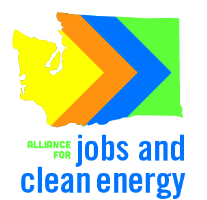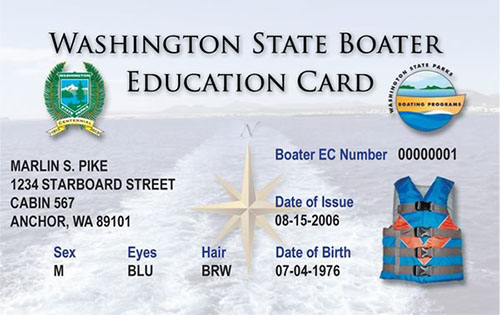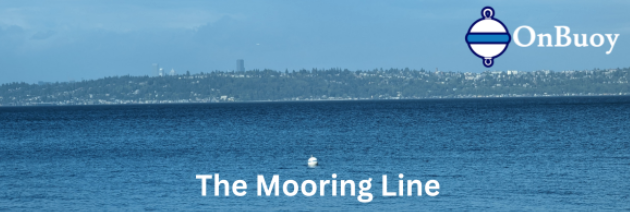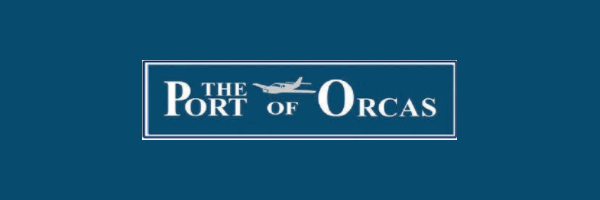— by Susan McBain —
The Alliance for Jobs and Clean Energy, a statewide organization with chapters throughout Washington, held its Orcas kickoff meeting at the Odd Fellows Hall on Oct. 21. The purpose was to introduce the organization and its plans to the Orcas community, to outline its proposed initiative for the November 2018 ballot, and to solicit volunteers for tasks such as signature collection.
Sharon Abreu, local Climate Steward for the Alliance, gave the presentation. The Alliance is proposing to place a price on carbon emissions, initially $15 per ton. The money raised would help fund clean energy and transportation projects, and also provide job training and financial assistance to workers affected by the transition to a clean energy economy. Job numbers in the clean energy sector are growing steadily and are expected to replace and even exceed those lost in fossil fuel–based industries, but workers will need job training and other support during the transition.
The Alliance is a coalition of Washington labor unions, health professionals, environmental advocates, businesses, faith communities, and communities of color, more than 180 groups altogether. Its focus is on addressing all the effects of carbon emissions—not just climate change itself, but air quality; water quality; forest health; economic effects such as those from fire, flood, and drought; and health effects, which are worst for low-income communities.
Said Abreu, “Our plan would cut carbon emissions, create thousands of good jobs, and clean our air, improving our health. It does this by investing about $1 billion into clean energy and climate solutions, paid for by a price on global warming pollution. And it creates an equitable and just transition by supporting low-income people and the workers and communities dependent on fossil fuels.”
“With this fund we can kick-start clean energy businesses like solar and battery storage for renewables, help take new technologies to scale, manage forests to reduce risk of wildfires that release huge amounts of carbon, and invest in making our regions more transit-oriented so more people can live in communities where it’s easy and affordable to get around in cleaner ways.”
Washington voters turned down a carbon tax initiative, I-732, in 2016. Mindful of the conflicting views of some environmental organizations on that proposal, the Alliance has sought membership from a variety of groups to discuss their concerns and develop a proposal that draws support from many constituencies. The specific ballot proposal is still in discussion, but its central elements are clear.
The Alliance intends to hold a statewide convention and create a speakers’ bureau early in 2018. By June it hopes to collect the 350,000 signatures needed to qualify its proposal for the ballot. To follow developments or for more information, visit https://jobscleanenergywa.com.
**If you are reading theOrcasonian for free, thank your fellow islanders. If you would like to support theOrcasonian CLICK HERE to set your modestly-priced, voluntary subscription. Otherwise, no worries; we’re happy to share with you.**








